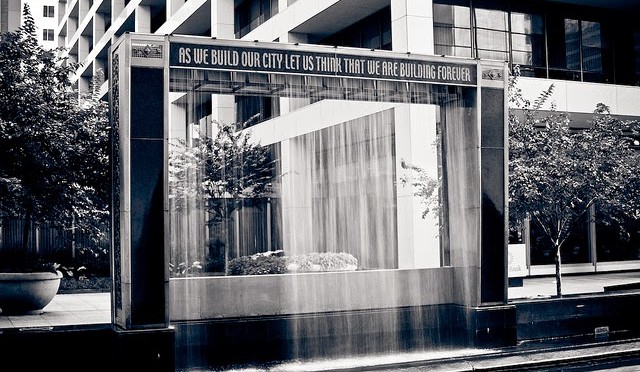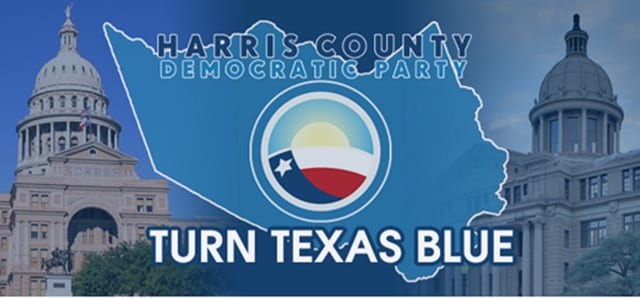
"As we build our city, let us think that we are building
forever... " ...
for a couple of years, enjoying and abusing for a few decades, leaving to
rot without a smidge of maintenance and upkeep for a decade,
then bulldozing to the ground to make way for ANOTHER hot, crusty gargantuan parking … Continue Reading ›› 
I had the opportunity to sit down with
Lane Lewis, chair of the Harris County Democratic Party. We discussed some of the activities of the county party, his thoughts about the renewed interest in Texas Democrats, and the possibilities of Texas Turning Blue. And as he said, talking about turning Texas blue is great, …
Continue Reading ››
A Voice for the Rest of Texas

